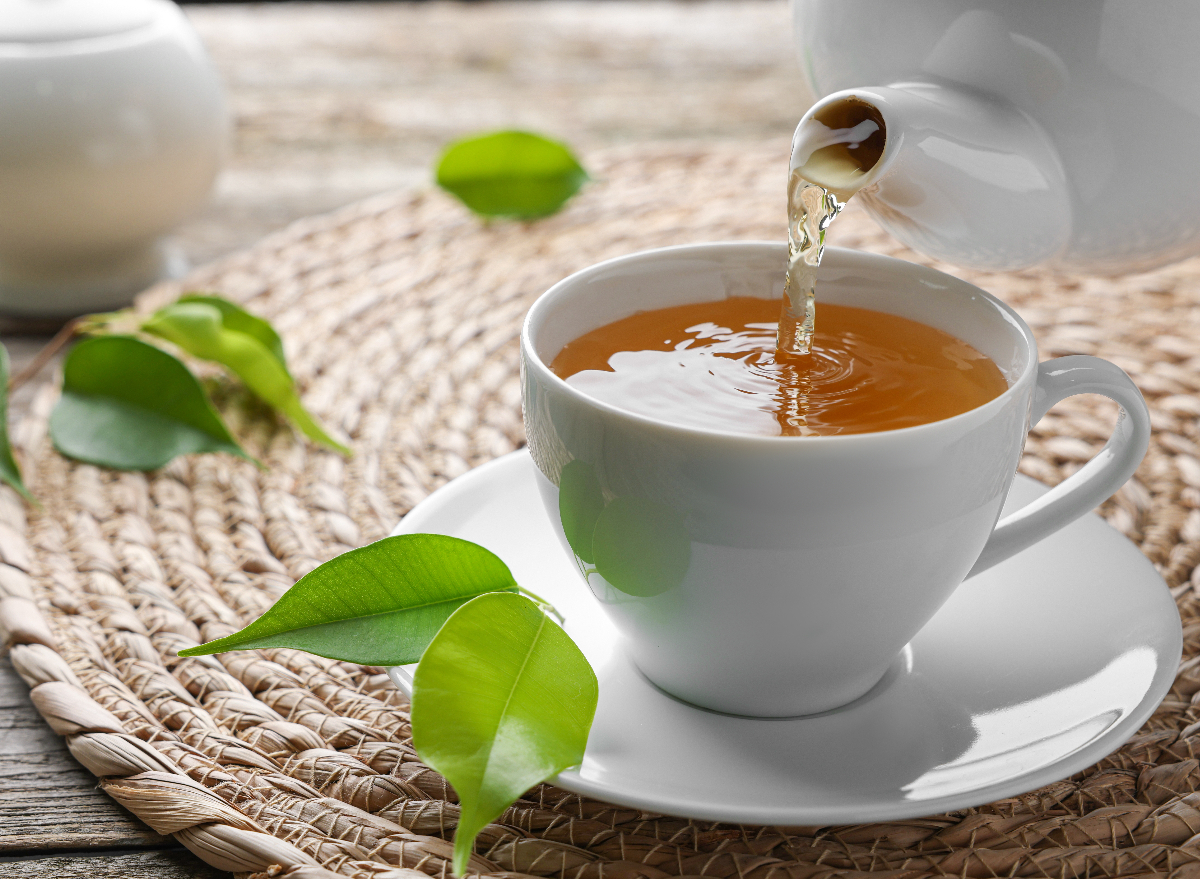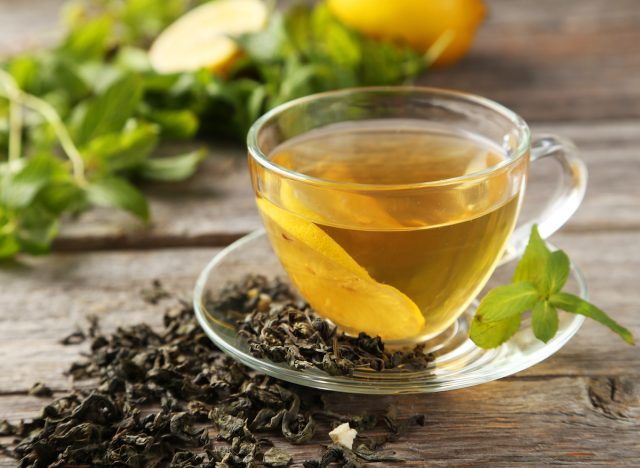Promising Evidence Shows Resveratrol and Tea Compounds May Reduce Alzheimer’s Risk

While you may be aware of the fact that Alzheimer’s disease (AD) affects both cognitive function and memory, it may not be as well known that AD involves a kind of plaque that forms on the brain that might be associated with the herpes simplex virus (HSV-1). That’s why researchers from Tufts University attempted to track down what could help with this particular issue and have come up with promising evidence that points to tea and resveratrol.
Published in Free Radical Biology and Medicine, the study had researchers construct models of tissues that represented a brain dealing with AD that had been caused by HSV-1. They then used various pharmaceutical and plant-based compounds to examine their effectiveness when it came to protecting the brain tissue.
The results showed that resveratrol and compounds found in green tea, known as catechins, offered “strong anti-plaque properties, functional neuroprotective benefits, and minimal neurotoxicity,” lead investigator of the review and research associate Dr. Dana Cairns, told Medical News Today.

Beyond that, Cairns noted, “We were excited to find some of these compounds and supplements that showed some level of efficacy because, maybe, they would indicate that patients or anyone who wants to reduce their risk of Alzheimer’s in the future can easily access these.”
“I think these results underscore the fact that components of diet may help with Alzheimer’s disease,” Lisa Young, PhD, RDN, author of Finally Full, Finally Slim, nutritionist in private practice, and member of the ETNT Medical Expert Board, tells Eat This, Not That!
When it comes to Alzheimer’s plaques, Young explains that “they are called amyloid plaques and are the buildup of proteins between neurons,” which “eventually impact cognitive function.”
“Green tea contains catechins that prevent plaques from forming,” Young says. “Green tea catechins are compound in the tea leaves that contain an antioxidant effect and they’ve been studied for containing anti-aging properties.”
As for resveratrol, Young points out that it “is an antioxidant that is found in red grapes, chocolate, and red wine.” It is also something that “may have benefit slowing the progression of Alzheimer’s,” Young says, though “when taken in a concentrated dose.”






